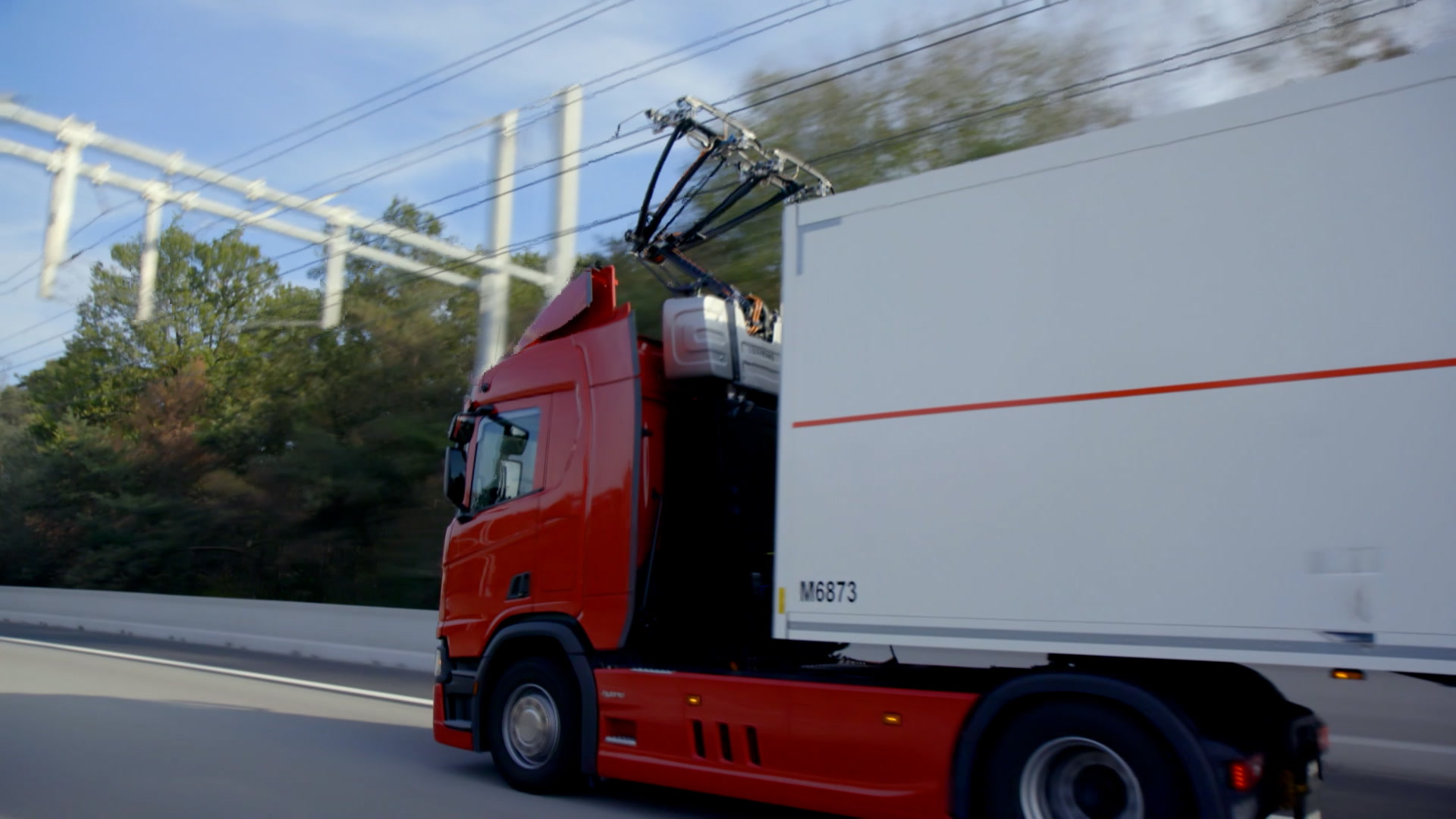We need to invest in infrastructure for electric vehicles: here's why

All the net growth in global car sales in 2021 came from electric cars. But even at this rate, the switch to electric vehicles (EVs) may not be fast enough. Image: Mike from Pexels
Maya Ben Dror
Industry Manager, Automotive and New Mobility & Advanced Manufacturing, World Economic Forum
Get involved with our crowdsourced digital platform to deliver impact at scale
Stay up to date:
Supply Chain and Transport
- The market in electric vehicles (EVs) is growing fast – but not fast enough to prevent further serious climate damage.
- There are four barriers to going electric: range limitation, range anxiety, cost and infrastructure.
- Battery swapping and electric roads are potential solutions, but they require investment.
In 2021, electric car sales more than doubled to 6.6 million, representing close to 9% of the global car market and more than tripling their market share from two years earlier. All the net growth in global car sales in 2021 came from electric cars. But even at this rate of growth, the switch to electric vehicles (EVs) may not be fast enough. Bill Gates has warned that climate change could cause much greater problems if carbon neutral travel doesn’t become available, fast. So, what is slowing EV uptake and how can technology address these issues?
The barriers to going electric
Four barriers to drivers shifting to electric are: range limitation, range anxiety, cost, and infrastructure. The success of EV uptake is heavily reliant on efficient batteries and adequate charging infrastructure. With most relying on a charge point at home, or at the depot, there are still limitations on how far EVs can travel – and high-mileage services such as taxis, delivery drivers and public transport providers do not want limitations on their service capacity.
Over 500 EV models with at least a 250-mile range will be available by 2025. However, this is still more limited than the 400-mile range offered by traditional vehicles, and fuelling stations continue to be more accessible than the charging options for EVs. Charging infrastructure is nascent in most markets, expensive, hard to manage and geographically limited. Fleet owners orchestrating charging en-masse must pay for costly grid upgrades and suffer long charging downtimes. Standard plug-in charging has its challenges, which new technologies are attempting to overcome.

Increasing the range of electric vehicles with battery swaps
Battery swapping offers one solution - although it has proved hard to get off the ground. The start-up Better Place built a network of swapping stations in Israel before expanding world-wide, but the company folded in 2012. Elon Musk also tried and failed to establish a battery swapping operation. But China’s NIO has now completed 800,000 battery swaps and taken the technology a step further. The idea is also being tested in America; Bay Area’s Ample was created to offer a battery swap system to auto manufacturers and EV operators.
Battery swaps for trucking and long-haul looks promising too, with the China State Grid piloting semi-manual bus and taxi battery swaps. Battery technology has evolved dramatically over the past decade; costs have dropped by 90% and weight has also reduced, enabling better performance and greater range. However, battery swapping requires additional resources, which raises questions on sustainability and resource capacity.
Other charging solutions
Building charging technology into road systems is another option. At Electreon, we have introduced wireless charging technology for EVs in motion, in what’s called an Electric Road System. EVs fitted with Electreon’s batteries can pass over a charging strip built into a road and top-up battery power throughout the journey. The charging is powered by the grid and renewable solar fences can be built along the electric road.
What's the World Economic Forum doing about the transition to clean energy?
Battery sizes can also be reduced by up to 90%, with the support of charging stations en-route. Whereas a battery for a standard urban bus typically has a capacity of 450 kWh, wireless charging could reduce batteries to 75 kWh, or even 42 kWh with the help of a supercapacitor. Larger EVs, like a 40-tonne e-truck, can operate on a reduced 210 kWh capacity battery with the support of charging corridors, for example the e-truck operating in our SmartRoad Gotland Pilot operates with a 210 kWh, compared to the current industry standard of around 500-600 kWh.
The progress towards widespread EV adoption will not be down to any one single policy; we need a coordinated effort and vigorous deployment of existing solutions. The question of whether electric vehicle range solutions will reach economic scale is highly dependent on global standardization and public-private partnership. The technology is here, but it remains to be seen whether we are ready to embrace it.
Don't miss any update on this topic
Create a free account and access your personalized content collection with our latest publications and analyses.
License and Republishing
World Economic Forum articles may be republished in accordance with the Creative Commons Attribution-NonCommercial-NoDerivatives 4.0 International Public License, and in accordance with our Terms of Use.
The views expressed in this article are those of the author alone and not the World Economic Forum.
The Agenda Weekly
A weekly update of the most important issues driving the global agenda
You can unsubscribe at any time using the link in our emails. For more details, review our privacy policy.
More on Supply Chain and TransportSee all
Rida Tahir
April 9, 2024
Kimberley Botwright and Spencer Feingold
March 27, 2024
Andrea Willige
March 19, 2024
Laia Barbarà and Claudia Galea
March 12, 2024
Zera Zheng, Rico van Leuken and Lars Karlsson
February 23, 2024







